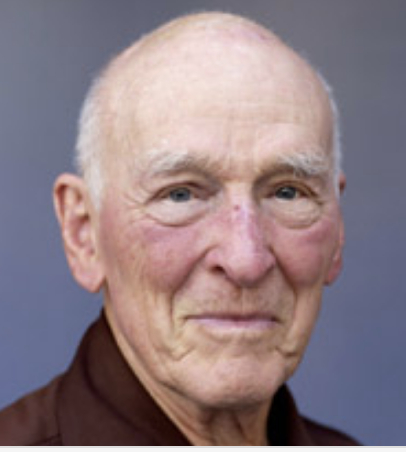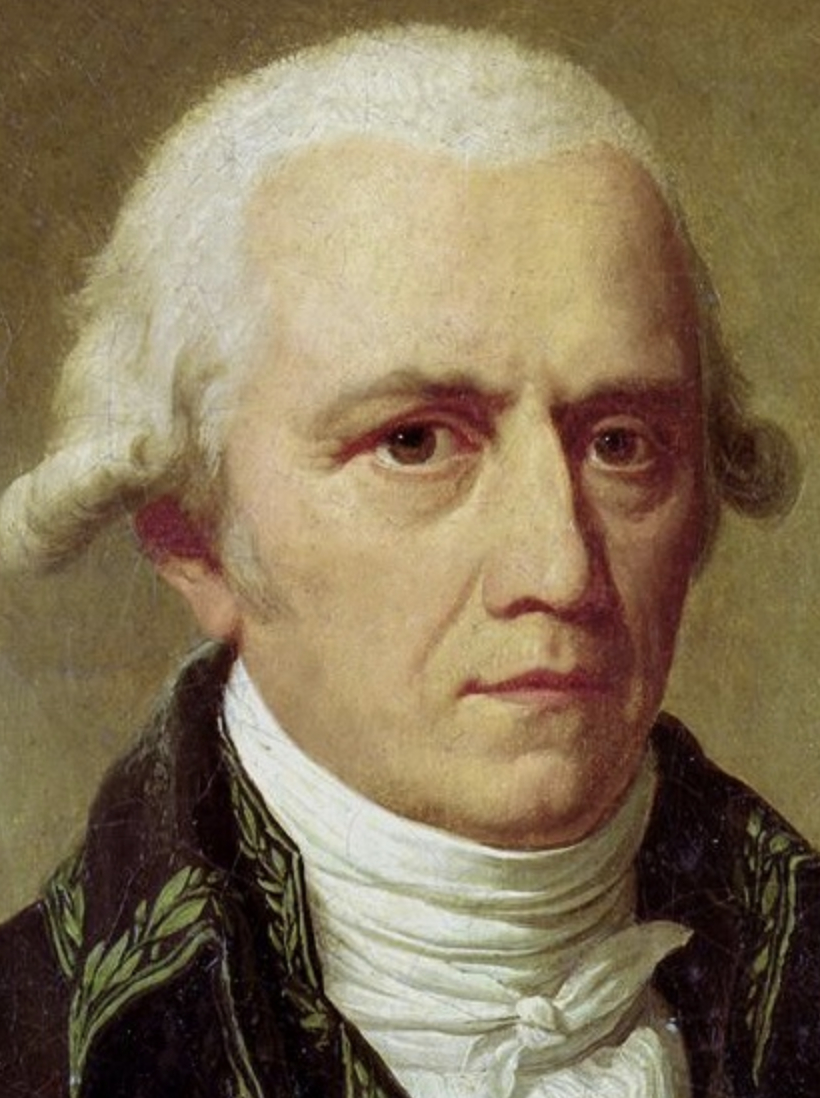July 31
Paul D. Boyer

On this date in 1918, molecular biochemist Paul D. Boyer was born in Provo, Utah, the middle child in a family of six in a Mormon home. His mother’s death from Addison’s disease when he was 15 awakened his interest in studying biochemistry. He became a “deacon” in the Mormon church at age 12 and graduated from Brigham Young University, where he met his future wife Lyda Whicker (they would have three children). His pursuit of science during graduate studies at the University of Wisconsin-Madison altered his religious perspective. He earned his doctorate in 1943.
After moving to Stanford University to do postdoctoral research for a war project, he and Lyda stopped going to Mormon meetings. By the time he was 25 he had “slipped over from agnostic to atheist,” he told Freethought Radio in 2007, and Lyda also professed her atheism. In 1955 he went to Sweden on a Guggenheim Fellowship. Boyer spent 17 years as a faculty member at the University of Minnesota. He continued his work at UCLA in 1963 and became director of the newly created Molecular Biology Institute there in 1965. He would stay at UCLA for over half a century, studying enzymes, the proteins involved in biochemical processes in animal and plant cells.
Boyer shared the Nobel Prize in Chemistry in 1997 with John Waller and Jens Skow “for their elucidation of the enzymatic mechanism underlying the synthesis of adenosine triphosphate.” As his New York Times obituary later put it, he shared the prize “for his contributions to understanding the way all organisms get energy from their environments and process it to sustain life and fuel their activities.”
Boyer had pointed out that “belief in God and in a Hereafter dropped considerably as the level of scientific achievement increased.” In his Nobel autobiography he called himself as a “devout atheist” and added, “I wonder if in the United States we will ever reach the day when the man-made concept of a God will not appear on our money, and for political survival must be invoked by those who seek to represent us in our democracy.”
He became an advocate of death with dignity after the illness and death of his son Douglas in 2001. Boyer was an FFRF Life Member who spoke at the 2002 national convention in San Diego and outlined his “path to atheism” in a 2004 Freethought Today essay. He died less than two months shy of his 100th birthday. (D. 2018)
PHOTO by Brent Nicastro.
"My views have changed from a belief that my prayers were heard to clear atheism. … Over and over, expanding scientific knowledge has shown religious claims to be false.”
“None of the beliefs in gods has any merit."
— Boyer, "A Path to Atheism," Freethought Today (March 2004)
Jean-Baptiste LaMarck

On this date in 1744, botanist Jean-Baptiste LaMarck was born in Bazentin in northern France, the 11th child in an impoverished aristocratic family. He was an early proponent of the idea that biological evolution occurred and proceeded in accordance with natural laws. He was educated at the Jesuit College in Amiens but left the seminary to join the army and fight in Prussia. After five years of service he was injured and turned to the study of medicine, which he pursued for four years before turning to botany.
LaMarck was appointed Royal Botanist in 1781 and became professor of invertebrate zoology at the Natural History Museum in 1793. He was the first to coin the word “invertebrate.” LaMarck wrote Philosophie Zoologique (1809), proposing an early theory of evolution.
Darwin and others eventually hailed LaMarck, who died in obscurity and poverty, for doing the “eminent service of arousing attention to the probability of all changes in the organic, as well as in the inorganic world, being the result of law and not of miraculous interposition.” LaMarck was a Deist in the classical sense. (D. 1829)
PHOTO: Lamarck c. 1802 in a portrait by Charles Thévenin.
"All knowledge that is not the real product of observation, or of consequences deduced from observation, is entirely groundless and illusory."
— LaMarck, "Systeme analytique des connaissances positive de l'homme" (1830)
